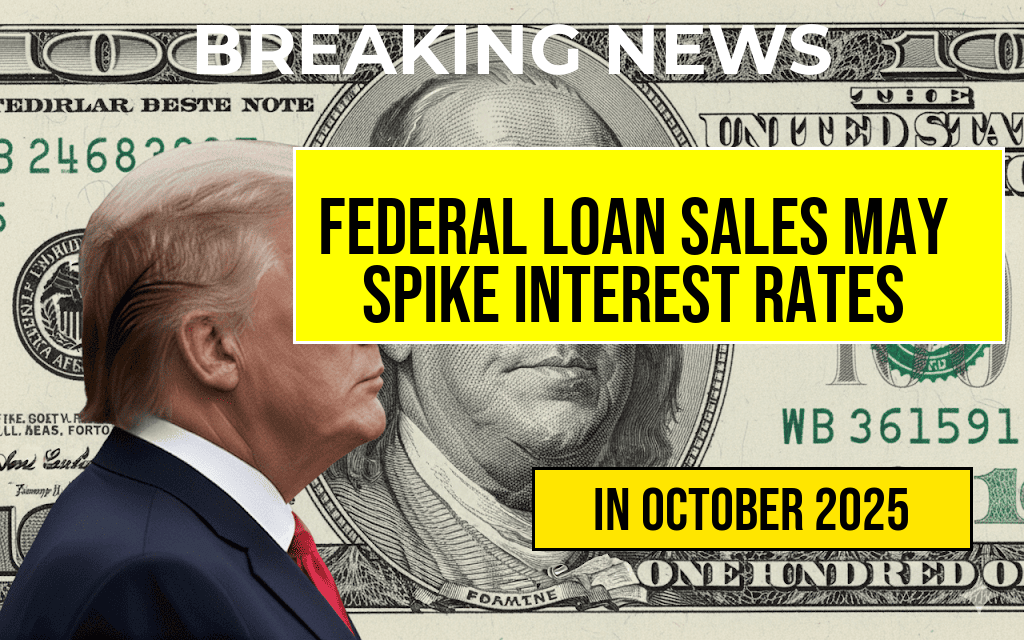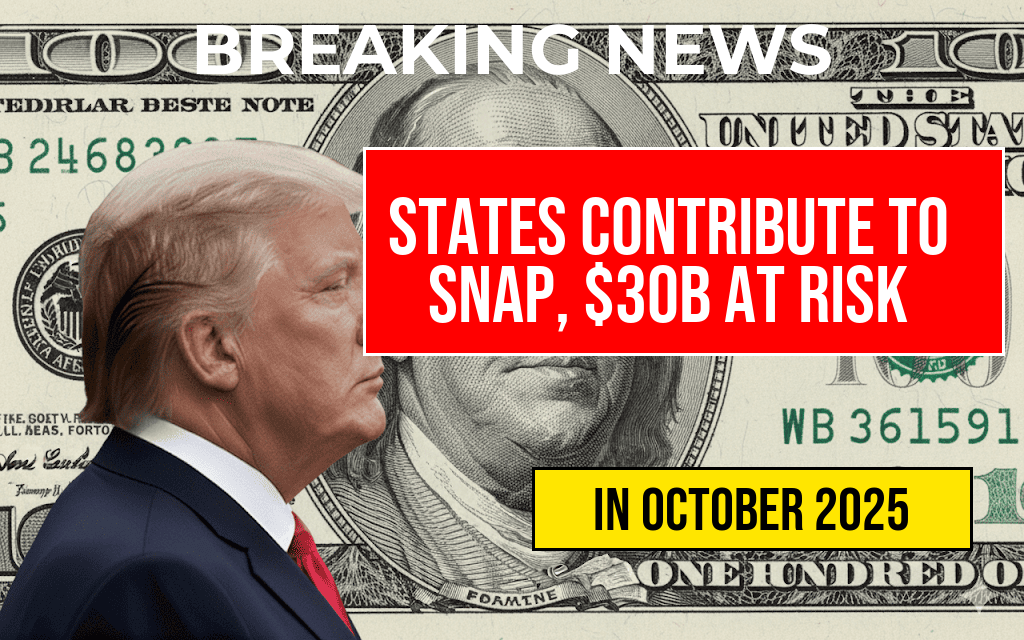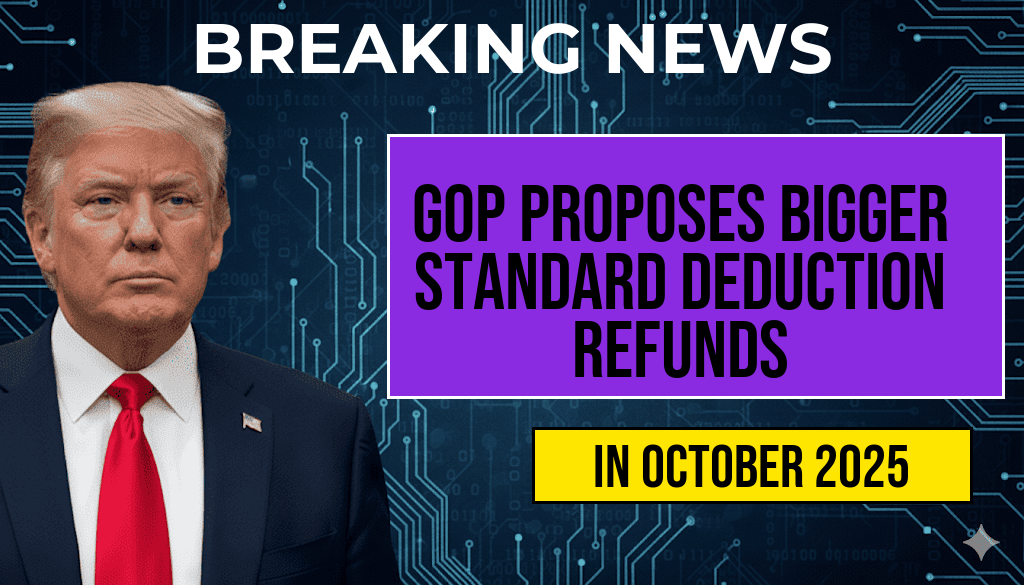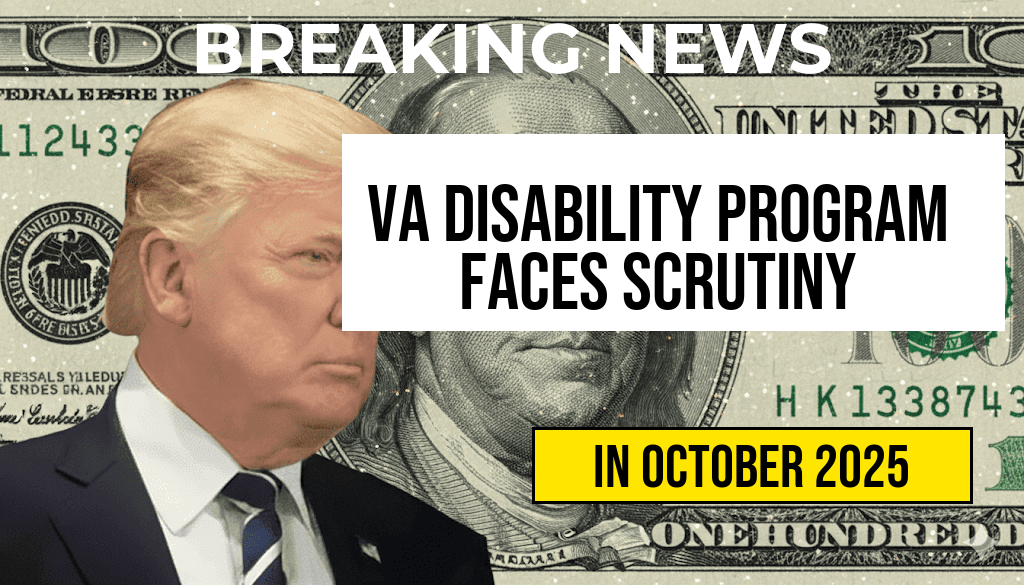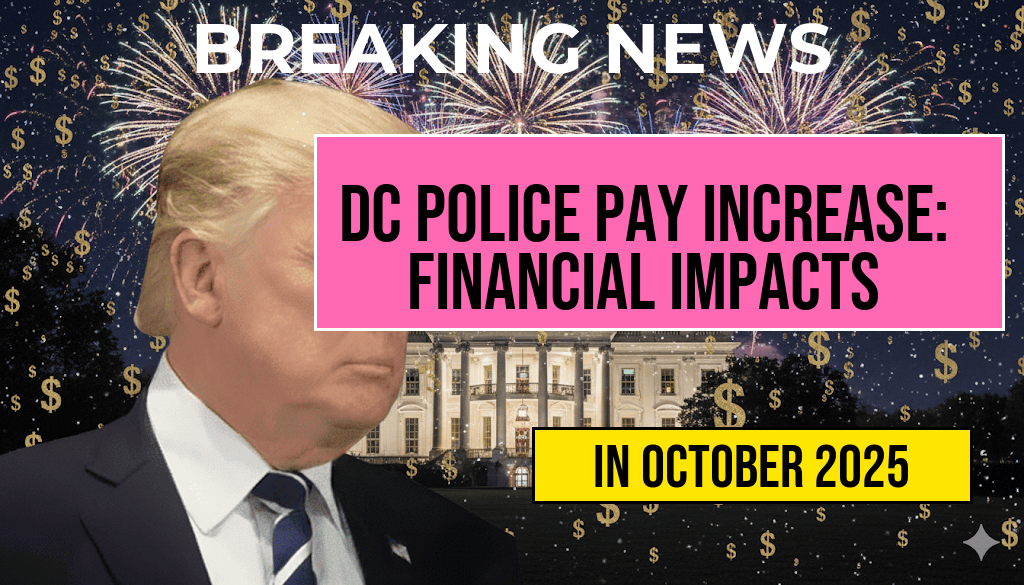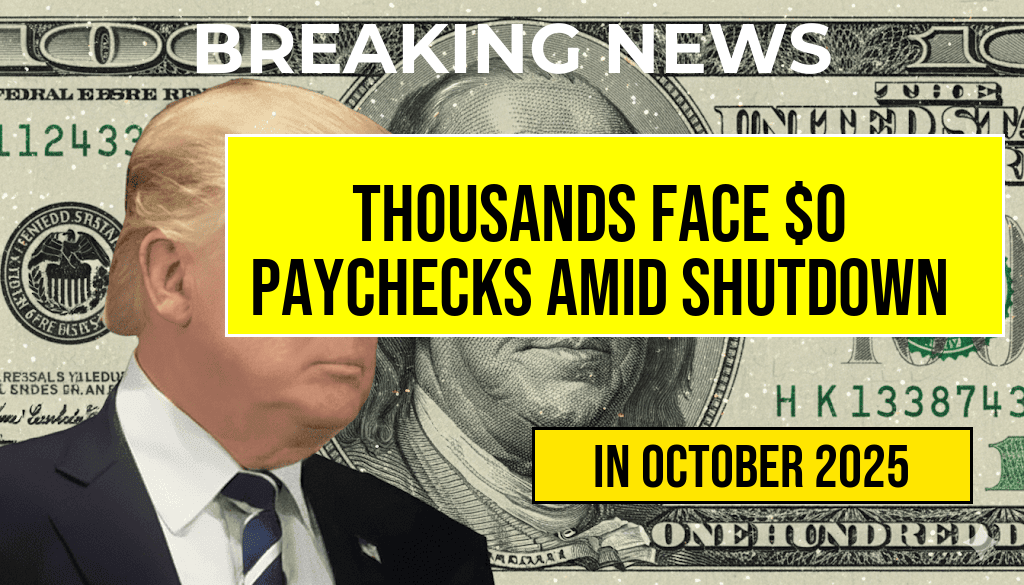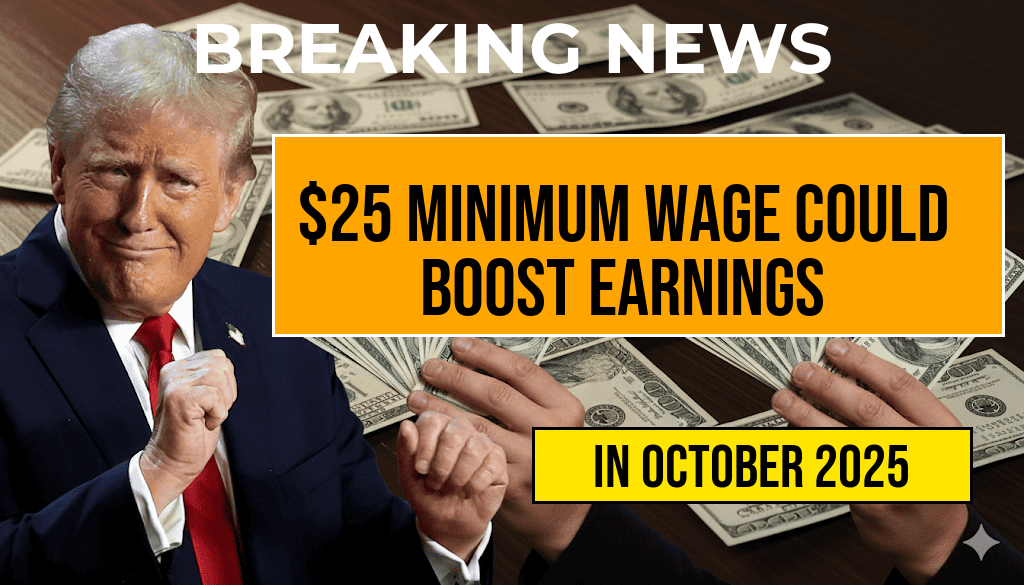The U.S. government’s recent decision to sell off a significant portion of its federal loan portfolio could have far-reaching implications for borrowers across the country. Financial analysts warn that this move may drive interest rates up by hundreds of dollars annually for millions of Americans. As the administration seeks to reduce its balance sheet, economists predict that markets will react swiftly, leading to increased borrowing costs for mortgages, student loans, and other forms of consumer credit. This potential shift comes at a time when many households are already grappling with inflation and rising living expenses, amplifying concerns about the affordability of loans and the overall economic climate.
Understanding the Federal Loan Sale
The federal government holds a vast array of loans, including those issued through programs such as federal student loans and FHA loans. By selling these loans to private investors, the government intends to free up capital and streamline its financial operations. However, this strategy raises concerns about the ripple effects on interest rates.
Potential Impact on Borrowing Costs
- Mortgage Rates: Homebuyers may see increased rates on mortgages, leading to higher monthly payments.
- Student Loans: Graduates and current students could face steeper interest charges, affecting their ability to repay debt.
- Consumer Credit: Other loans, such as personal loans and credit cards, may also see rate hikes as investors demand higher returns.
Experts emphasize that the increased demand for private capital could shift the balance of power in lending. With the government exiting the market, private lenders may raise interest rates to compensate for the increased risk associated with lending.
What Borrowers Should Know
Borrowers should remain vigilant as these changes unfold. Understanding how federal loan sales impact interest rates can help consumers make informed decisions regarding their financial futures. Here are key factors to consider:
Market Reactions
As the federal government reduces its loan holdings, the demand for private loans is likely to surge. This heightened demand can lead to a tightening of credit standards, making it more challenging for some borrowers to secure favorable loan terms.
Long-term Financial Planning
For individuals contemplating significant financial commitments, such as purchasing a home or funding education, this is an opportune moment to evaluate their financial strategies. Consulting with financial advisors can provide insights into the best course of action amidst shifting interest rates.
Expert Opinions
Industry experts have weighed in on the potential outcomes of the federal loan sales. According to Dr. Jane Thomas, an economist at the National Bureau of Economic Research, “The reduction of federal loans in the market could have unintended consequences for consumers. While the government aims to streamline its operations, borrowers may find themselves paying significantly more for loans.”
Another perspective comes from financial analyst Mark Jensen, who states, “The implications of rising interest rates extend beyond individual borrowers. They can influence overall economic growth and consumer spending, which are critical components of a healthy economy.”
Conclusion
As the federal government proceeds with its loan sale strategy, borrowers must stay informed about the potential shifts in interest rates and their implications. By understanding the landscape of federal loan sales and their effects, consumers can better navigate their financial choices in an evolving economic environment.
| Loan Type | Current Average Rate | Projected Rate Increase | New Average Rate |
|---|---|---|---|
| Mortgage | 3.5% | 1.2% | 4.7% |
| Student Loans | 4.0% | 0.8% | 4.8% |
| Personal Loans | 10.0% | 1.5% | 11.5% |
Frequently Asked Questions
What are federal loan sales?
Federal loan sales refer to the process where the government sells its loan portfolio to private investors or financial institutions. This can impact interest rates and the overall lending environment.
How could federal loan sales affect interest rates?
The sale of federal loans can lead to a decrease in the availability of loans, resulting in higher interest rates as demand outpaces supply. Investors may increase rates to compensate for perceived risks.
What is the potential impact on borrowers if interest rates rise?
If interest rates rise significantly, borrowers could see their annual payments increase by hundreds of dollars, making it more expensive to obtain financing for homes, education, or other loans.
Are there any alternatives to federal loans if rates increase?
Yes, borrowers may consider alternative financing options such as private loans, credit unions, or peer-to-peer lending, though these may also be influenced by market conditions and interest rates.
What should borrowers do to prepare for potential interest rate increases?
Borrowers should monitor interest rates, consider locking in rates when they are low, and evaluate their financial situation to determine the best time to apply for loans or refinance existing debt.





